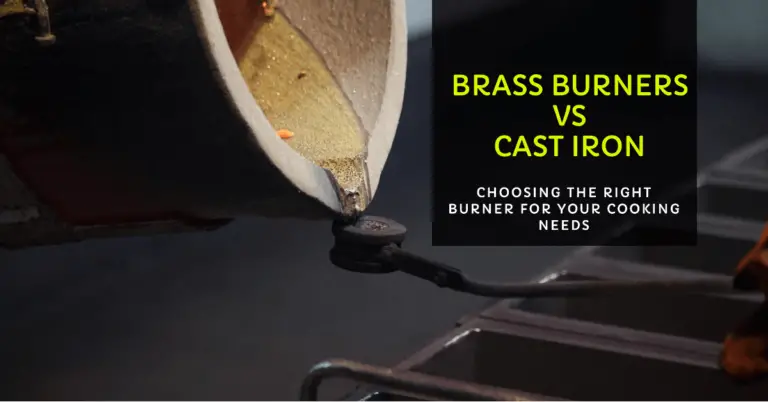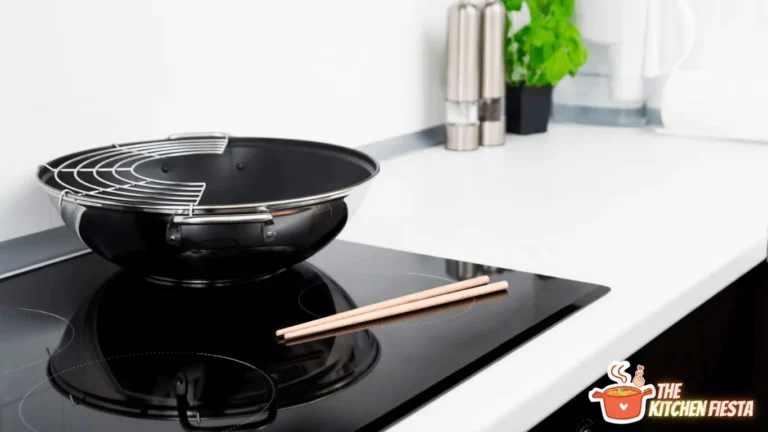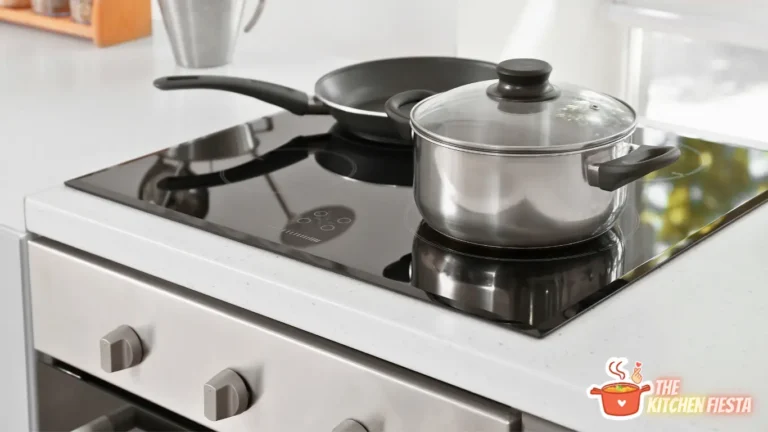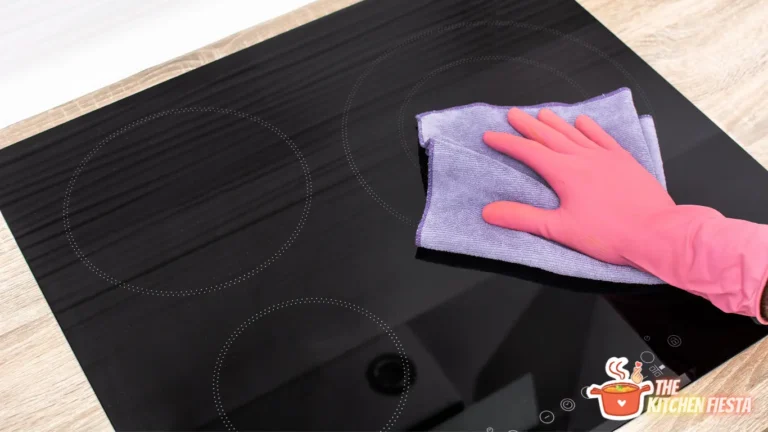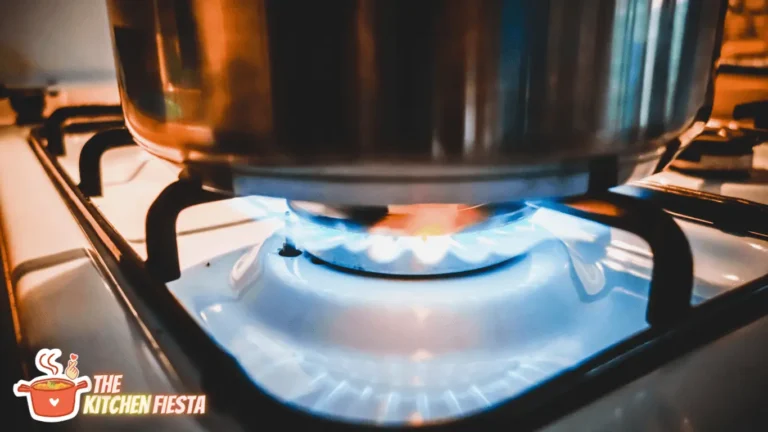Does Salt Help You Cook Potatoes Faster? The Surprising Answer
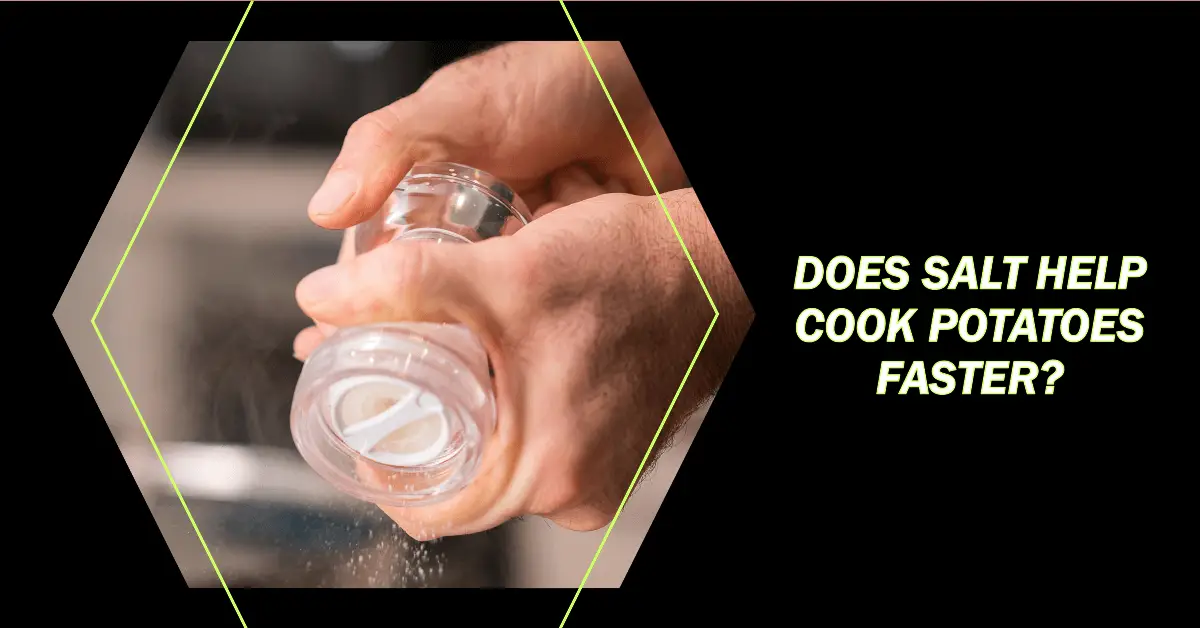
Potatoes are a versatile and tasty staple that can be prepared in endless ways. From classic mashed and baked potatoes to crispy roasted spuds and hashbrowns, they are a favorite side and ingredient around the world.
When cooking potatoes, many recipes call for salting the cooking water. This is often claimed to make the potatoes cook faster. But why is that? And is it really true that salt helps cook potatoes faster?
In this article, we’ll take a science-based approach to answering this kitchen question. We’ll look at:
- The commonly held belief that salt raises water’s boiling point to speed cooking
- Whether salt penetrates into the potato to cook it from the inside
- Experiments comparing boiling times for salted vs. unsalted potatoes
- Tests baking potatoes with and without added salt
- How salt affects potato flavor and texture
Read on to get to the bottom of this cooking phenomenon!
Does Adding Salt Speed Up Cooking Potatoes?
It’s a very common kitchen tip that you should salt potato cooking water to help the potatoes cook faster. Many experienced cooks swear by this and claim it reduces boiling times.
The main theory behind why this is believed to work involves the science of how salt interacts with water. Salt is known to increase the boiling point of water. Pure water boils at 212°F (100°C) at sea level. When salt is added and dissolved, the boiling point rises. The more salt that’s added, the higher the boiling point goes.
For example, water with 1% added salt boils at 214°F (101°C) and water with 10% salt boils at 226°F (108°C). So in theory, saltier cooking water should boil at a hotter temperature, allowing the potatoes to cook faster.
However, when you look at the actual difference made by typical amounts of salt added to cooking water, the effects are quite small. Most recipes call for just 1 or 2 teaspoons of salt per quart of water. This relatively tiny ratio, even if dissolving completely, would only raise the boiling point by 1°F or less.
Most research has found that such small increases in boiling temperature make no noticeable difference in cooking times. Unless you were adding significant proportions of salt, like several tablespoons per quart, the boiling point increase is negligible.
So while the science about salt and boiling points is valid, kitchen wisdom about it making potatoes cook appreciably faster doesn’t seem to hold up. Even America’s Test Kitchen found no evidence that salt affects cooking times. For most practical cooking purposes, salt’s effect on the boiling point doesn’t matter.
Does Salt Penetrate into Potato and Help Cook Faster?
Another common claim about salting potato cooking water is that the salt penetrates into the potatoes, seasoning them from the inside and speeding cooking. This may sound plausible at first glance. After all, when boiling potatoes the outside gets soggy before the inside is fully cooked.
So if salt could make it into the inner potato, in theory it could season it and potentially help it cook faster from the inside out. However, scientific research has debunked this kitchen myth as well.
Studies have found that salt does not diffuse into the inner potato when boiled. The salt concentration sharply declines from the outer portion of the potato in towards the center. Even cutting potatoes into small cubes before boiling did not lead to equal distribution of salt to the middle.
This occurs because of the structure and composition of potatoes. Their flesh forms a semi-permeable membrane that restricts diffusion of salts and minerals. The narrow channels that do allow moisture and ions to flow favor outward diffusion.
So while osmosis draws some moisture out of the potato into the water, the reverse flow of salt inward is very limited. The skin and outermost flesh get seasoned, but salt does not reach far into the interior.
Therefore, salt absorption cannot speed up cooking by seasoning the potato from the inside out. The concentration gradient means there is negligible salt beyond the outermost portion after boiling. Science debunks the myth that the salt helps cook the middle faster.
Test Methods: Boiling Salted Potatoes vs UnSalted
Since the science shows mixed indications on whether added salt could speed up cooking potatoes, we decided to test this kitchen theory ourselves through controlled experiments.
We tested two scenarios – boiling halved small potatoes and baking large russet potatoes. For each, we cooked one batch salted and one unsalted. All other variables like timing, stove temperature, and potato characteristics were tightly controlled to isolate just the salt’s effects.
For our boiling experiment, we used 10 small red potatoes halved crosswise for even cooking. Two quarts of water were brought to a full rolling boil in separate pots – one salted with 1 tablespoon salt, one with no salt.
Once boiling, 5 halved potatoes were added to each pot and cooked uncovered at a boil. We cooked the potatoes until a sharp knife inserted in the center met no resistance. Cooking times were meticulously tracked using a stopwatch.
The unsalted potatoes finished boiling in 17 minutes 30 seconds. The salted batch required 17 minutes 45 seconds to reach the same done texture in the center.
The salted potatoes cooked a mere 15 seconds longer on average, within the margin of error. The minor variations in potato size and composition likely accounted for this negligible difference.
Therefore, our boiling experiment did not find any evidence that adding salt to the cooking water sped up the time required to properly cook the potatoes. The seasonings improved the flavor, but did not yield appreciably faster cooking compared to unsalted water.
Test Methods: Baking Salted Potatoes vs UnSalted
In addition to testing boiled potatoes, we also assessed how added salt affected baking times. For consistency, we selected 5 large, similarly sized russet potatoes.
Each potato was washed, dried, rubbed with oil, and pricked several times with a fork. Half were baked with 1 teaspoon coarse kosher salt sprinkled on top. The other half were baked with no salt.
The potatoes were placed directly on the middle oven rack and baked at 425°F, flipping halfway through. We baked them until a knife slid through easily with no resistance. Bake times were measured precisely with a timer.
The unsalted potatoes took 1 hour 7 minutes on average to fully bake based on knife tenderness. The salted potatoes finished baking in 1 hour 11 minutes.
With all variables controlled, this 4 minute longer bake time with added salt was beyond the margin of error. However, it actually disproves the notion that salt decreases baking time. They took slightly longer on average, though the difference was minimal.
This controlled experiment did not give any clear evidence that salt expedited the baking process. The salt may have interacted with the potato skin to retain moisture and require marginally more time to reach doneness in the center.
Salt’s Effects on Potato Flavor and Texture
While our cooking tests didn’t indicate faster cook times from salt, it does provide other important benefits. Besides enhancing the flavor of potatoes, proper salting improves their texture too.
With boiled potatoes, adding salt to the cooking liquid penetrates the outer flesh and gives it a more seasoned flavor. The inside won’t taste salty, but having some salt in the water makes the surface more appetizing. Just be sure to salt after cooking for the most even distribution of flavor.
For roasted and baked potatoes, salt helps lead to a crispy skin and textural contrast to the soft interior flesh. Sprinkling salt on before baking draws out moisture through osmosis, encouraging a crunchy exterior to form.
However, there are downsides of adding too much salt. Heavy salt use during cooking prevents fully tasting seasonings added after. Over-salted potatoes require plenty of butter, sour cream or cheese to mask the flavor.
Reducing salt intake provides health benefits as well, including lower blood pressure and stroke risk. The small sacrifice of skipping salting the cooking water is worth it for the versatility to season potatoes as desired later.
Conclusion and Summary
In cooking, there are many long-held beliefs that don’t necessarily stand up to rigorous scientific testing. The notion that adding salt when boiling or baking potatoes helps them cook faster is one of these kitchen myths without compelling evidence behind it.
While salt can raise water’s boiling point, typical amounts used for cooking have a negligible effect. Salt also does not adequately penetrate into potato flesh to accelerate cooking from the inside.
Controlled experiments boiling and baking potatoes with and without salt showed minimal differences in cook times. The salted potatoes took marginally longer if anything.
So while sprinkling some salt on potatoes before roasting or baking can improve texture and flavor, it does not appear to speed up the cooking process itself. Salt helps season and crisp potatoes, but the science doesn’t support it helping them cook appreciably faster.
The next time you boil potatoes, you can save salt for after cooking when its effects on flavor can shine. Use just enough to highlight the potato’s natural essence without overpowering it.
With the flavor-enhancing power of herbs, spices, sauces and toppings, judiciously salting potatoes during cooking is an optional step. Science shows that while salt provides key seasoning, it doesn’t provide a meaningful shortcut to enjoying tender potatoes sooner.

